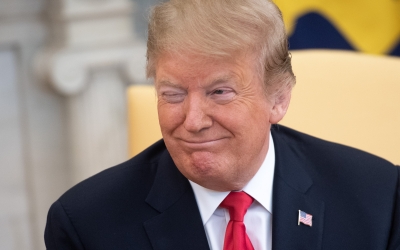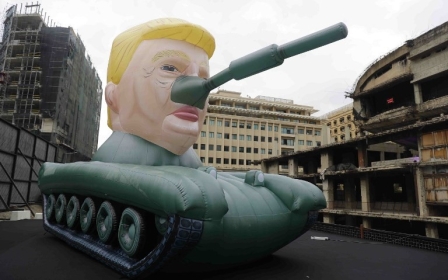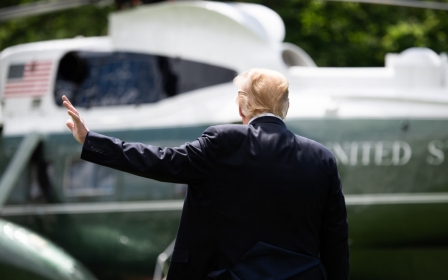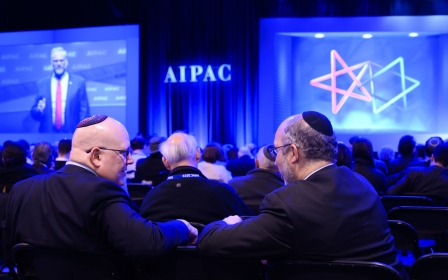Only an imagined America will champion democracy in the Arab world
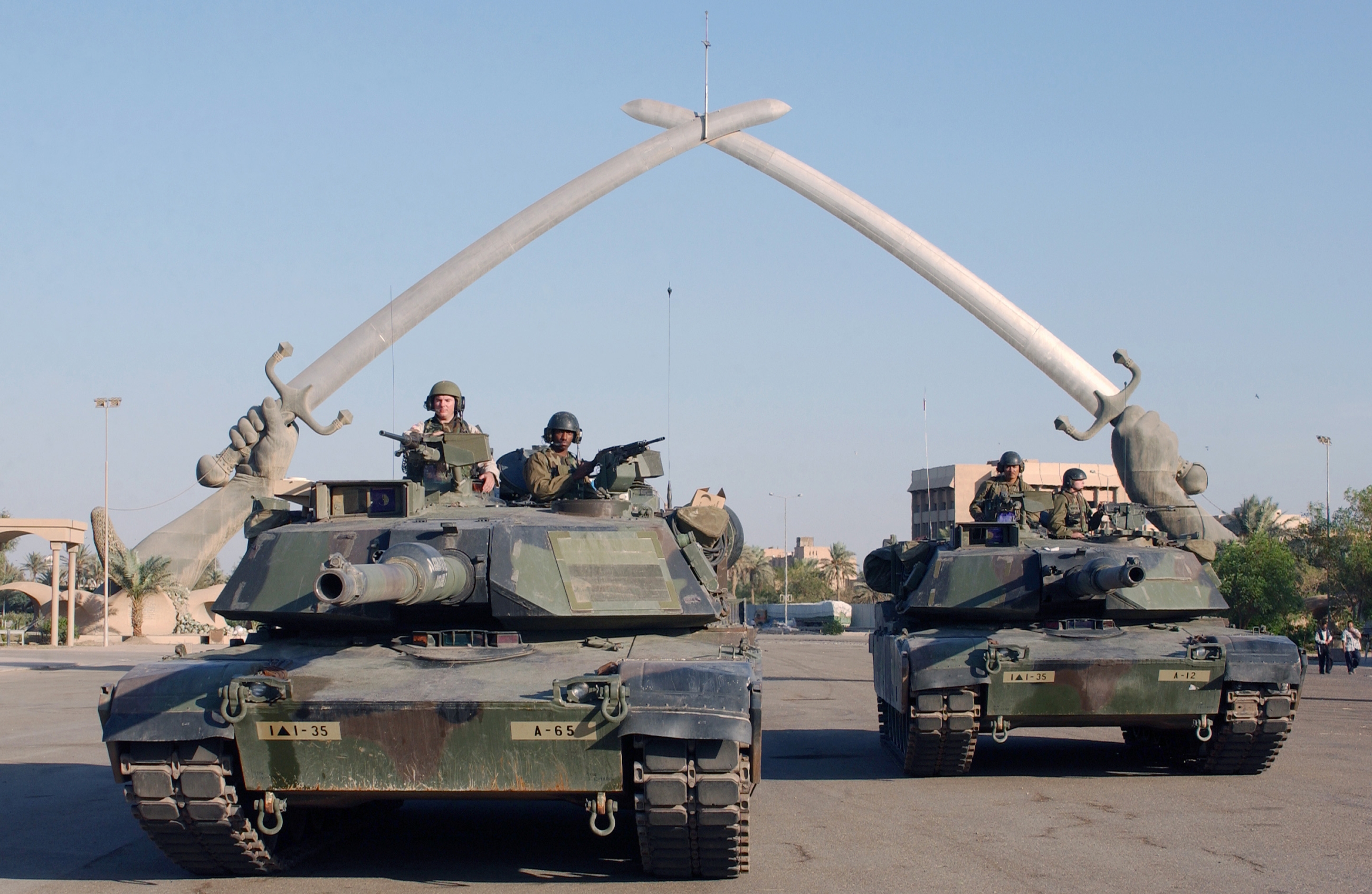
A delegation of Sudanese opposition representatives was recently in Washington, seeking to convince administration officials that they should declare US backing for the opposition.
That, the Sudanese claimed, would improve greatly the chances of their nation making a successful transition to democracy. In a private discussion with a small group of Middle East analysts, including this writer, members of the delegation would not be convinced that the Trump administration has demonstrated much more support for strongmen in power than for their opponents, and that there was no chance it would back opposition forces, except in the vaguest of rhetorical statements.
The belief that this US administration might come to their aid endured.
Dreams of a different interventionism
The discussion put into sharp focus the widespread ambiguity in Middle East and North Africa about the US and its role. American interventions are rarely welcomed, at least not for long. Most of the region's citizens are clear-eyed about the effects of US interventions and do not like what they see.
New MEE newsletter: Jerusalem Dispatch
Sign up to get the latest insights and analysis on Israel-Palestine, alongside Turkey Unpacked and other MEE newsletters
But innumerable conversations in countries from Morocco to the Gulf suggest that some still harbour a conviction that the US could intervene in a different way, and thus be a major force for good. When they ask for a greater US role, people in the region seem to be thinking of a US that does not exist in the present political climate.
The Sudanese delegation hoping the US would boost its cause was imagining a country that does not presently exist
The list of grievances against the US in the Middle East is long, and so well known that it hardly needs elaborating. The US is the imperialist power that moved in swiftly after the end of World War II to replace Britain as the dominant force.
It has undermined regimes it considered inimical to its interests, sometimes engaging in barely disguised plots to overthrow popular leaders and replace them with tyrants willing to protect US interests, a trick it reproduced around the world.
The CIA coup against Mohammad Mosaddegh in Iran, long-rumoured and now well-documented, has given rise to an exaggerated perception about the US ability to topple and replace regimes at will.
When former president George W Bush ordered the invasion of Iraq in 2003, many in the region were convinced that the US would not stop there, with the only question being which country would be next.
Blind support for Israel
Worst of all, from the Arab point of view, the US has supported Israel blindly for decades, allowing it to violate international law, UN resolutions and Palestinian rights, and to extend control over lands well beyond the original borders established by the international community through the United Nations.
And yet, despite the long list of crimes and misdeeds, indications that the US may reduce its involvement are not always greeted with rejoicing. I believe there are two reasons for this.
The first, based on factual evidence, is that the US is part and parcel of the balance of power in many areas, and change would initially be destabilising.
There has been, and there remains, much opposition to US policies in Iraq, but if the US should pull out of the country entirely, few would welcome the change. Iraq’s president said last March he does not see any “serious” opposition to the presence of American forces in Iraq provided they assist Iraqi forces in defeating the Islamic State (IS) group.
The Iraqi parliament, as a result, did not act on the calls by Iraq's two largest political coalitions for a complete US withdrawal by many of its members.
Many Egyptians, mainly the supporters of the military regime of President Abdel Fattah el-Sisi, would be upset if Washington suddenly yielded to calls by human rights defenders for a suspension of military aid to Egypt.
Such concerns are understandable; even needed change can have negative consequences in the short run.
An imagined country
But there is another, more complicated reason why many in the region react negatively to indications that the US is seeking to extricate itself from the Middle East. The majority of delegations I see coming to Washington, not all of them sponsored by governments, plead with the US for more aid, ask it to support an opposition movement, or call for a decrease in its commitment to present policies.
As much as many in the Arab world dislike the actual policies of the US, based on many conversations, they also want to believe that another set of policies is possible.
The idea, then, is that the US as imperialist power bent on overthrowing regimes it does not like could be replaced by another US genuinely committed to democracy and human rights, truly interested in rebuilding states and helping their citizens, and willing to set up and defend safe zones to protect people in harm’s way, rather than protect the interests of a neighbouring country, as in the case of the Turkish-Syrian border zone.
Unfortunately, historical evidence suggests that the US - the imperialist country siding with authoritarian regimes - is a constant when it comes to US policy in the region.
The US that some in the Arab world would like to remain involved in their countries is largely an imagined one, present in rhetorical speeches and fitfully implemented policies, but not a driving force. In fact, it is completely dormant under the Trump administration. The Sudanese delegation hoping America would boost its cause was imagining a country that does not presently exist.
The views expressed in this article belong to the author and do not necessarily reflect the editorial policy of Middle East Eye.
Middle East Eye delivers independent and unrivalled coverage and analysis of the Middle East, North Africa and beyond. To learn more about republishing this content and the associated fees, please fill out this form. More about MEE can be found here.




